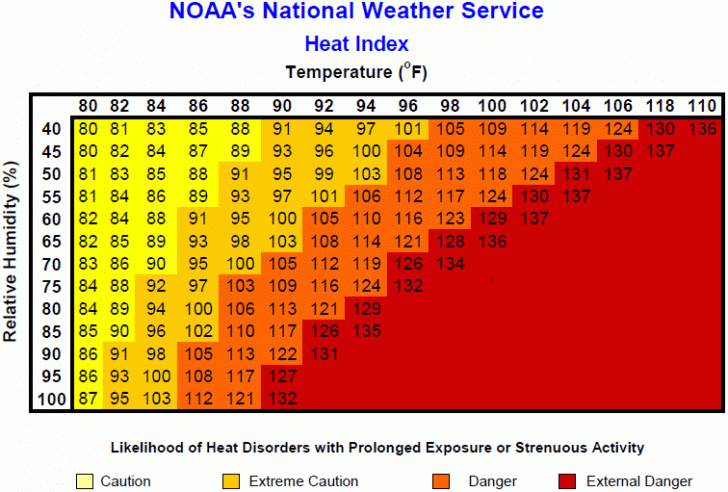It feels good to feel your muscles sweat and work, and something about feeling the sweat pop out on your skin makes me feel accomplished, like it might all be worth it in the end.
But of course, you don’t have to exercise to sweat. Hot yoga, saunas, and sweat lodges have become more and more popular, at least in part due to their claims that they help you “sweat out toxins.” But well…that’s not even a little bit true.
Image Credit: Pixabay
Actually, your liver and kidneys do all of the heavy lifting when it comes to toxins, and exercise isn’t going to make them more or less functional.
Sweat is made up of mostly water, with a bit of sodium, chloride, potassium, and trace amounts of proteins, fatty acids, and maybe a stray “toxin” or two, says dermatologist Tsippora Shainhouse.
“Most of the ‘toxins’ that concern people include pesticides, residue from plastics, or from air pollution. These tend to be fat-soluble, and do not dissolve well in water, so they will not be removed from the body in any significant quantity, given that sweat is 99 percent water.”
Image Credit: Pixabay
In fact, attempting to detox merely by sweating can backfire. If you don’t drink enough water to replace what you’ve sweated out, your kidneys have to work overtime while you’re dehydrated – and if your kidneys are working especially hard, they may not be as efficient at weeding out actual toxins in the meantime.
Image Credit: Pixabay
Which is not to say sweating is bad, nor is exercise. Just don’t expect it to do what your kidneys and liver are already doing, and make sure to drink plenty of water when you’re done.
The post Sweating Is Not at All Detoxifying, FYI appeared first on UberFacts.
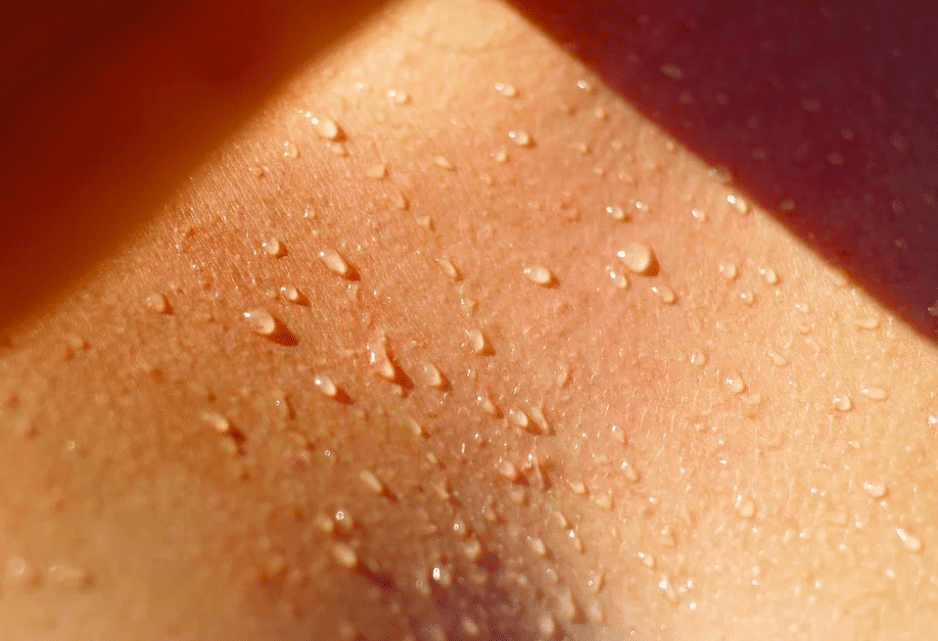
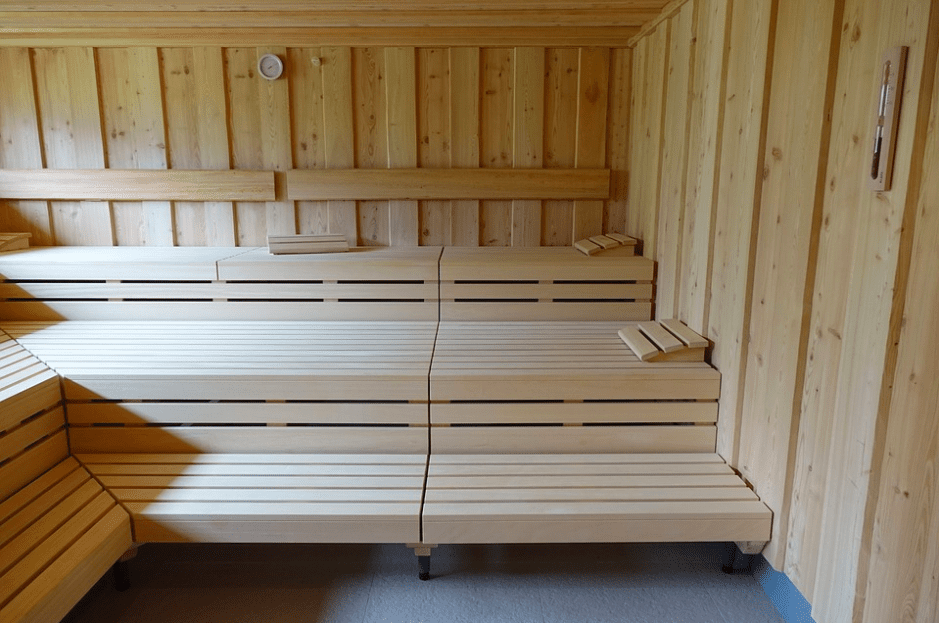
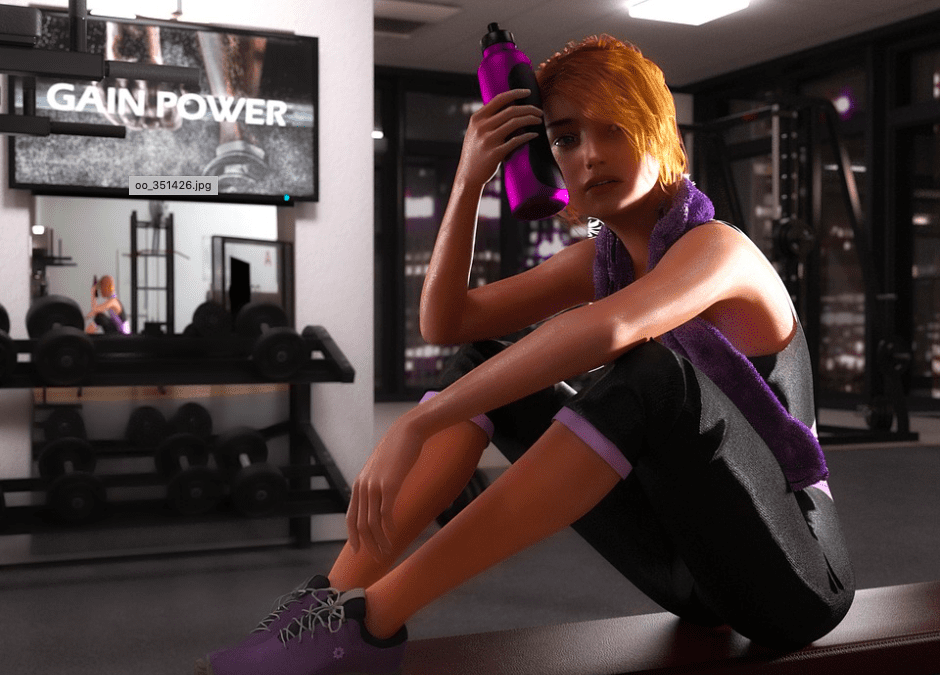
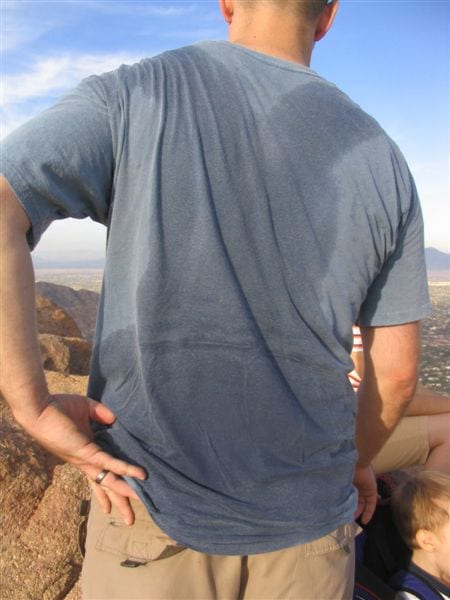

 At least it’s not raining! Stay cool out there & have a happy Sunday!
At least it’s not raining! Stay cool out there & have a happy Sunday!


 . . . #floridaweather #floridamemes #hurricaneseason2019 #floridasummer #dyingfromhumidity #heatindex #feelslike #orlandoigers #jaxigers #sundayvibes #poolorbeach #showusyourcupcakes #sweetbyhollyjax #sweetbyholly
. . . #floridaweather #floridamemes #hurricaneseason2019 #floridasummer #dyingfromhumidity #heatindex #feelslike #orlandoigers #jaxigers #sundayvibes #poolorbeach #showusyourcupcakes #sweetbyhollyjax #sweetbyholly #summer #heatwave #heatindex
#summer #heatwave #heatindex